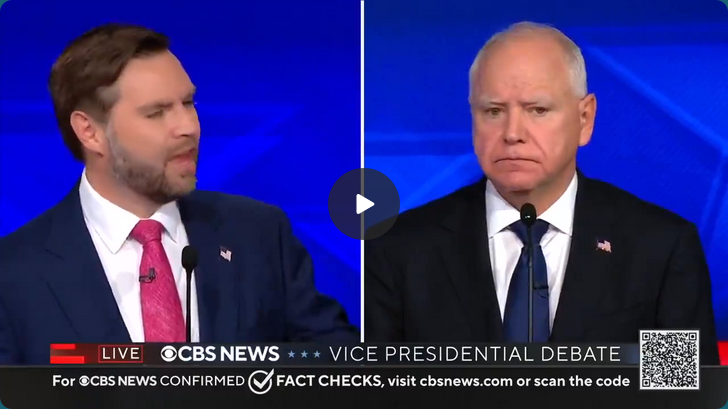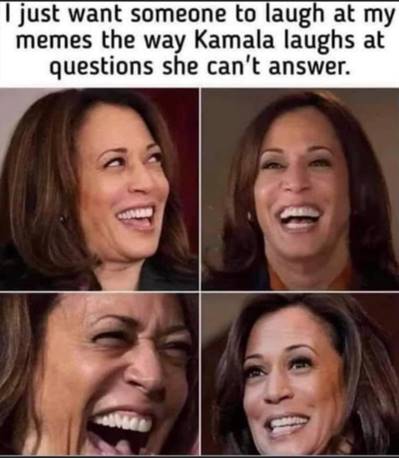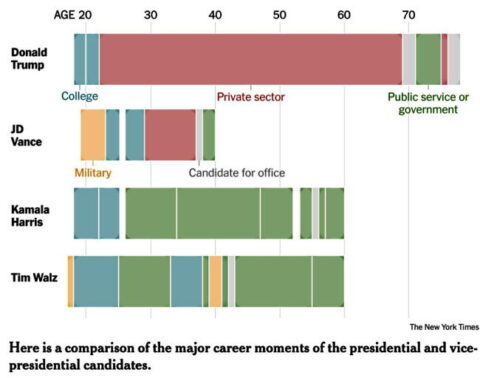On his Substack, Jim Treacher shares his deep knowledge of the cultural and linguistic complexities of the humour of Minnesota Governor Tim Walz:
A joke is a delicate thing.
Let’s say you write a joke and then tell it to some people. The joke might “kill” (get a big laugh) with one audience, but then it might “die” (be met with stony silence or outright anger) with another audience.
Maybe you don’t get the wording quite right: “Why did the chicken cross the street? Wait, no …” Maybe the crowd doesn’t understand a reference you’re making. Maybe it’s just not your day. It can take a lot of work to perfect a joke, and any number of things can still go wrong. You’ll fail at least as often as you succeed, and past performance does not guarantee future results.
I’ve never done stand-up comedy because it would require me to leave the house, but I do have a bit of experience writing jokes for television. And sometimes, a joke I thought was funny when I wrote it in the morning just doesn’t land with that evening’s audience. It’s a crummy feeling, but that’s showbiz.
So, I know just how Tim Walz feels these days!
Last week he made a really funny joke, but a lot of people weren’t smart enough to get it because they’re not Democrats […]
I was saying, on my phone, some of you know this, on the iPhone they’ve got that little stock app? I added Tesla to it to give me a little boost during the day. 225 and dropping!
And if you own one, we’re not blaming you. You can take dental floss and pull the Tesla thing off, you know.
Ha ha ha ha ha! [SLAP KNEE, BUST GUT, ETC.]
I will now analyze this brilliant joke, using my hard-won comedy experience, and explain why you’re misguided for not laughing.
You’re welcome.
Now, to the uninitiated, it might sound like Tim Walz is celebrating the misfortune of an opponent. “Ha-ha, your stock is dropping. It’s funny because I don’t like you!” The humor of the bully. Trying to out-Trump Trump.
You might think the audience laughed because they hate Elon Musk so much that they’re happy when he fails, even when it hurts a lot of other people. Maybe even themselves.
But here’s the big twist: That’s not it at all!
See, Governor Walz was being self-deprecating.
When he made that really, really good joke, he already knew that his own state holds 1.6 million shares of Tesla stock in its retirement fund. He was well aware that he was celebrating the misfortune of his own constituents.
But his stage persona didn’t know that.







